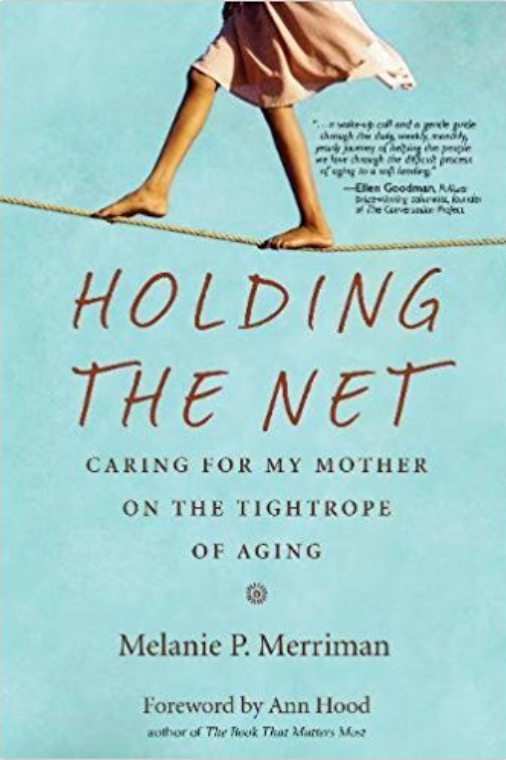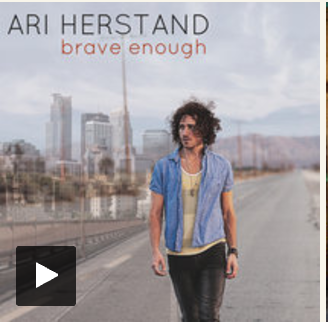Mike Gonzalez is an inmate at the Dade Correctional Institution. He is also one of the best writers in the Exchange for Change program, a group of mostly volunteers who believe that education is the key to success...especially in prison.
I spend two hours every Tuesday with 17 incarcerated men. I have gotten to know Mike well. He is a kind, intelligent man who made a mistake when he was 18 years old. Mike is paying for that mistake... for life. Read Mike's story below or listen to Episode 37 on our website, Soundcloud or Apple Podcasts.
What do your clothes say about you?
By Mike Gonzalez
As a homeless 12 year old, my clothes never betrayed that fact. My little brother and I would go through great lengths to not look like homeless kids who on any given night, slept on the sands of Miami Beach, on roof tops, in the stairwells of buildings, or in trees we could climb.
Occasionally we’d break into empty hotel rooms and sleep in them. A soft bed, however, wasn’t the main reason for risking arrest for breaking and entering. Our main objective was to shower and hand-wash the clothes we carried around with us in our backpacks. Clothes we’d steal from anywhere. From high-end stores on South Beach and Aventura Mall. From mom-and-pop stores in Little Havana. We even stole clothes from those small self-serve laundromats available to guests at mid-priced hotels. And if you decided to leave your Nike Air Force Ones unattended as you swam deeper into the ocean or fell asleep sunbathing – those Air Force Ones became mine.
Clean and fresh-looking clothes couldn’t fill our perpetually growling bellies. They couldn’t provide a steady, warm place to sleep. But because our clothes didn’t advertise our homelessness, we weren’t immediately turned away when we would walk in, unaccompanied, to various hotel lobbies, running from the relentless summer heat. It seemed to us that our clothes helped the employees assume that we were guests. Our clothes never betrayed our hopelessness, so we weren’t shooed away, like flies hovering over a juicy steak, by the parents of rich kids on vacation whom we’d befriend on the beach. Our clothes told these folks that my little brother and me were worthy of being invited to lunch at Wolfie’s or dinner at Kenny Roger’s. Because our clothes didn’t carry the stench of our wildness, the public bus drivers almost always believed our story of why we didn’t have our fare and let us on the bus. Or maybe we were just fooling ourselves. Maybe these people really just felt sympathy for two kids who were always alone, but played along in order to avoid embarrassing us.
Our clothes helped protect my little brother and me from the prejudice that homeless people experience the world over. Today, the prison Blues that I am forced to wear are far from a shield against prejudice, but instead come with 100 years worth of negative stereotypes woven into the fabric and which I fight against daily. To the majority of society, my clothes say that I’m dangerous, that I’m uneducated; even subhuman. I want you to know that these clothes are lying. As a homeless kid, my clothes said what I needed them to say for my survival; now getting people to not believe what these prison clothes say is equally important to my survival as a man. I am in prison but prison is not me. I am not the sum total of my worst mistake. These three natural death sentences don’t fit me and no amount of tailoring can ever make this feel comfortable. I will continue pulling at the hem, continue unraveling the fabric with my pen, for I have outgrown these Blue grave-clothes. And I am ready to walk out of this tomb.
Thank you to Matt Cundill of Matt Cundill Voiceovers for reading Mike's story.
To find out more about Exchange for Change, visit their website. Exchange for Change believes in the power of written partnerships to promote dialogue and impact social change. We facilitate anonymous writing exchanges between classrooms in correctional and court-mandated facilities, and classrooms in high schools and universities.














